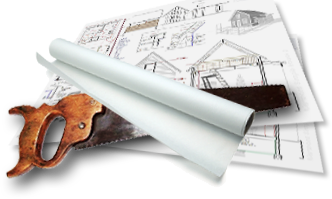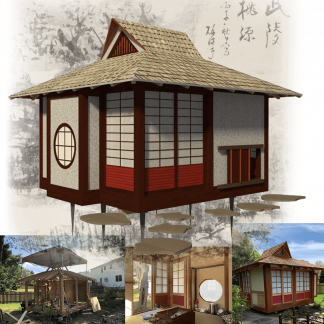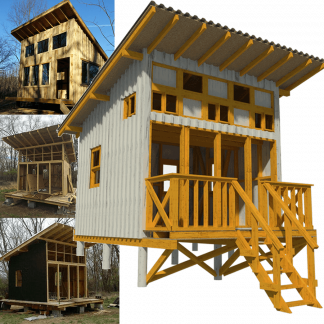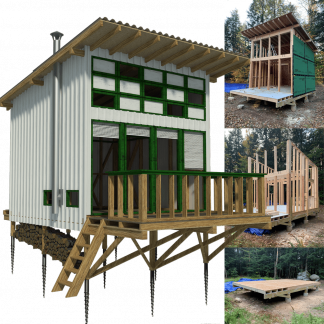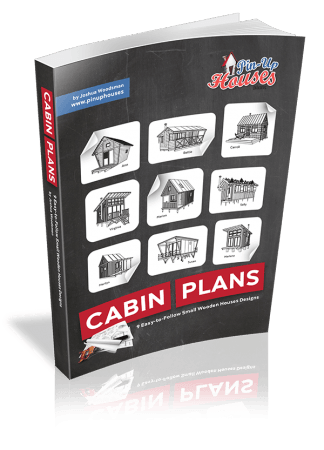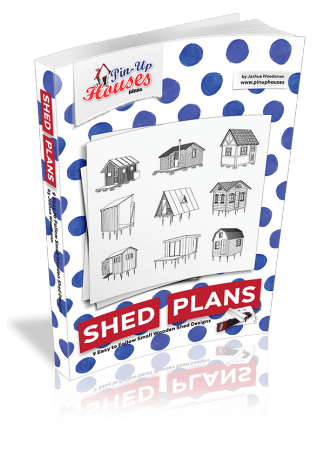Today, more individuals are moving towards clean and efficient energy sources. This migration is mainly influenced by the need to protect the environment. Additionally, the search for the best solar panels has been driven by concerns over fossil fuel depletion, fueling the shift to renewable energy. If you’re looking for reliable and affordable options, explore Gold Coast cheap solar solutions to make the transition cost-effective and sustainable.
One of the popular clean energy sources is solar power. Individuals now use solar panels for camping, household, and manufacturing purposes. However, getting the right solar panel is challenging, despite its wide acceptance.

Here are some tips to ensure you purchase the right solar panels to power your space:
- Solar Panel Efficiency
It refers to the efficiency of a solar power system in converting the absorbed sunlight into electrical or thermal energy. Technological advancements have significantly improved solar panel efficiency over the years, with some current ratings reaching up to 23% or even higher. This means that 23% of the sunlight that hits the solar panels is converted into usable energy, while the rest is either reflected or absorbed without conversion.
However, the overall panel effectiveness can also be influenced by the type of cell used. For instance, monocrystalline cells are considered the most efficient option and are mostly used to cater to high energy needs, such as in residential properties.
Other solar panels have polycrystalline cells. These panels are less efficient than the previously mentioned type. However, they are more affordable and ideal for large and small-scale projects.
Another type is the thin film panel. It’s considered to be the least efficient type of solar panel. Hence, it will produce little power. However, you can easily carry it from one place to another, making it ideal for outdoor activities.

Besides the cell type, other factors might influence the overall panel efficiency:
- Roof orientation – The roof’s inclination will influence your solar panel’s direction, which ultimately affects its efficiency. If you have a south-facing roof, it’ll receive most of the sunlight; hence, it might generate more energy. However, it’s crucial to consider your position with regard to the equator. For instance, if you’re living in the southern hemisphere, you should install the panels on your north-facing roof.
- Temperature – This is another factor that can influence your solar panel efficiency. Its components are designed to work in a specific temperature range. Thus, the efficiency can decline when the temperature rises or lowers considerably.
- Weather conditions – The current condition will influence the amount of light hitting your solar panels. For instance, if there’s too much snow, it’ll be impossible for light to penetrate through, eventually affecting the amount of produced energy. Wind can also influence solar efficiency. It has the potential to cool down your system and can make it more efficient as long as there’s sunlight.
- Price
Solar panel costs will vary from one type to another. It’ll depend on efficiency, inflation levels, certification, and more. Although the price might help you gauge the quality of the solar panel, it shouldn’t be the only important factor.
Sometimes, the manufacturer might be sourcing the materials overseas, increasing the production cost and product price. Other companies may post ridiculously low prices to clear poor-quality panels. With the latter, you may be forced to purchase a new system over a short period.
Thus, checking more than one company is advisable to understand the average cost. This will guarantee you get a durable system at an affordable price. Additionally, try to check if there are any hidden costs, such as transportation and installation fees. Understanding the overall cost will help when developing a realistic budget.
Also, visit the local office to learn more about government incentives and rebates. Most governments are encouraging people to install solar panels through subsidies. Taking advantage of these programs lowers your solar power setup and usage costs.
- Durability
Every product, including solar panels, has a shelf life. A solar panel’s durability refers to how long you’ll be able to use it to meet your energy needs. Thus, it’s essential to choose a system with high durability.
A robust system will last longer than a less durable one, so you can rest assured you won’t have to replace it soon. It can also withstand extreme conditions, ensuring you have an off-grid energy source at all times. Additionally, it’ll help protect the environment and reduce your carbon footprint.
In Summary
As discussed above, more and more people have realized the need to use clean energy. Solar energy has become a popular way to power home activities and industrial operations. But purchasing the right system can be challenging for some individuals. Fortunately, this article has provided tips on factors to consider, such as efficiency, price, and durability.

